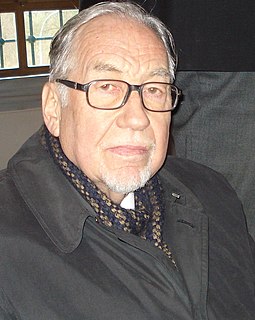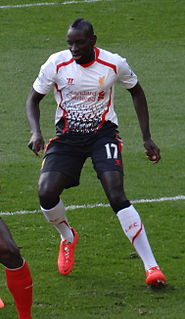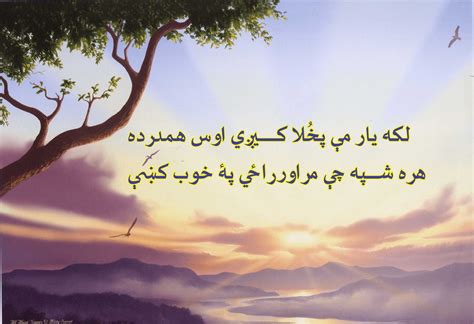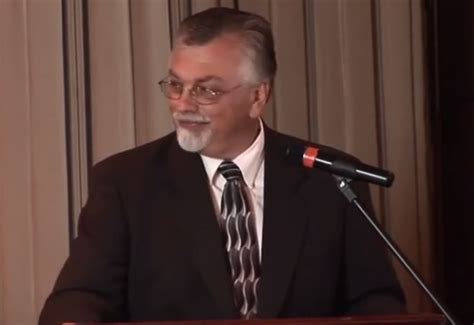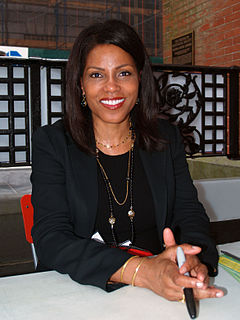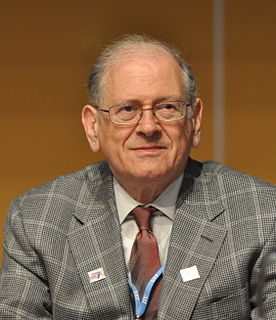A Quote by Hamza Yusuf
I think the Hajj tends to reflect the state of the Ummah. That's one of the things about the Hajj is that you get to see the Ummah. It's a microcosm of the Ummah's condition.
Related Quotes
I think Allah (swt) has given me the ni'ma of this voice, for which I use for Allah (swt) and his Prophet (pbuh) to read nasheeds. That is a certain kind of music, which is pleasing in the eyes of Allah (swt) and His Prophet (pbuh). And if people can start listening to it, I think that is a great service to the ummah. Keeping that in mind, that now has become a priority.


